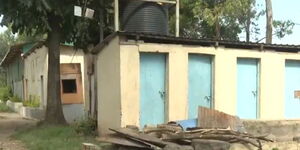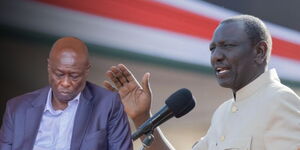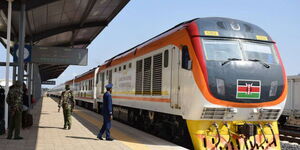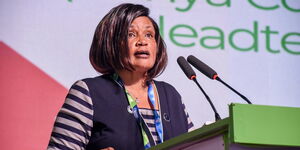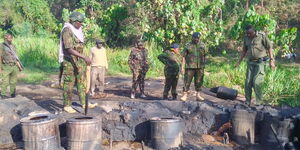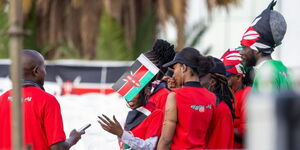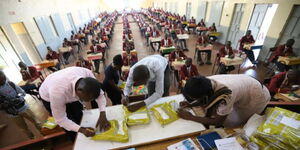The Halal abattoir in Ngong scandal resurfaced in the High Court on Monday when Ramadhan Juma Ali, who claims to be a debt collector, and Mohammed Ali Motha’s (owner of Halal Meat Products) son, demanded a 35 per cent stake in the government payout.
Taxpayers are set to bear the Ksh6 billion payout burden following a court ruling, in what can be traced back to a string of government blunders that led up to the collapse of a deeply flawed public-private partnership.
The 45-year-old scandal can be sourced back to the 1972 Nairobi meat shortage which prompted the Agricultural Ministry to permit the setting up of privately owned slaughterhouses in various towns across the country.
City Hall then proposed the setting up of slaughterhouses in the outskirts of Nairobi to ensure that the meat that made its way to homes was fit for consumption.
It was also decreed that any vehicle transporting meat products should have a red stripe, with the word “meat” in white, a stipulation that stands to date.
Mohamed Ali Motha a butcher, and his business partner Abdul Habib Adam, owner of Adam’s Arcade, at this point, approached the government for assistance in getting a loan to set up an abattoir in Ngong (an obvious choice of location then, as most of the meat was coming in from Ongata Rongai).
Agriculture Minister at the time, Jeremiah Nyaga, pulled some strings, the most notable one being the production of title deeds in under two weeks during a period where such an occurrence was mythical.
What followed was a string of oversights that have come back to haunt Kenyan taxpayers.
Ksh27.7 million was pumped into the project by the Ministry of Agriculture as a loan to HMP to facilitate the construction of the facility, while equipment worth Ksh1.34 million was shipped into Kenya from Denmark, tax-free, on the assumption that it was the government importing.
The two tycoons were then allowed to use Halal Meat Products Ltd (HMP) as the legal entity for the project with the government opting to own zero shares, despite the fact that it had bankrolled the entire project.
HMP, through its government-granted autonomy, went on to gradually choke out KMC, with Motha refusing to have any member of the governmental commission as part of their board members.
In his 1977-1978 report, Auditor General D.G Njoroge questioned the government loan arrangement with HMP as it appeared to be to the abattoir owners' advantage.
Nyagah eventually succumbed to public outcry and decided to deny Halal Meat Products an export license in 1979, leading to its collapse.
In 1984, Tourism minister Maina Wanjigi (Jimmy Wanjigi’s father) pushed for the reopening of the abattoir and President Moi obliged by issuing an order for the Ngong based facility to resume its function, albeit now under government control.
Incompetent officiating ran the facility to the ground and by 1988, the government wrote to the Mothas, noting it was no longer interested in buying the abattoir, and that it would hand them back the dilapidated facility.
It is at this point that the Mothas sought legal redress in an attempt to mitigate their losses.
On October 7, 2005, High Court judge Jeanne Gacheche ruled that the government was wrong by taking over the abattoir during the 1984 drought then refusing to buy or restore it to its original state.
She then awarded Halal Meat Products Ksh1.8 billion. However, a dragged out period involving delays on the government’s end has seen it rise to Ksh5.7 billion due to an annual 12 percent interest.
Motha has since denied Ramadhan Juma Ali's claims of being his son and revealed that the young man was actually his nephew.



